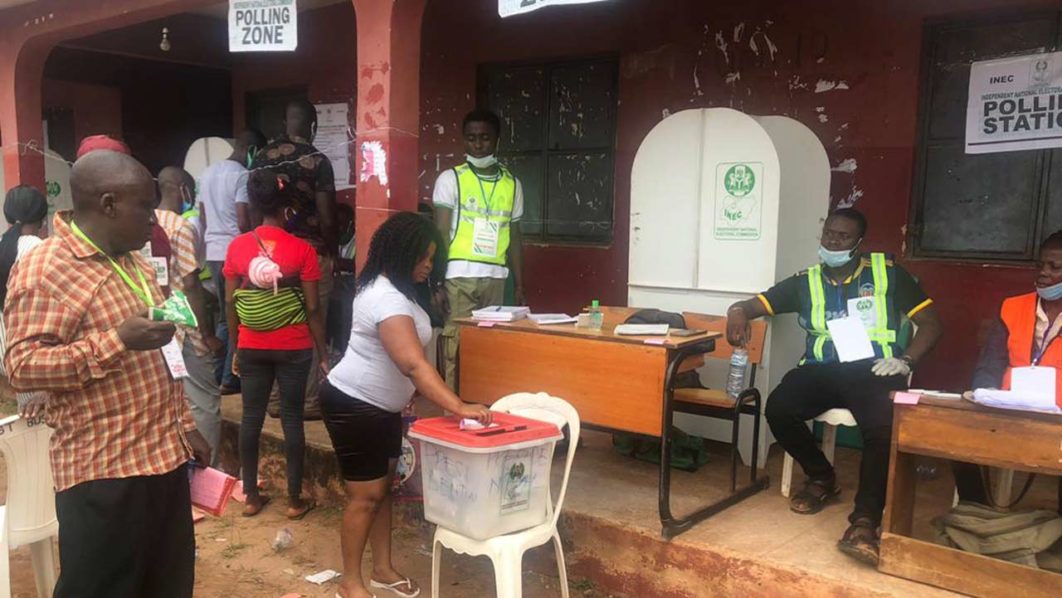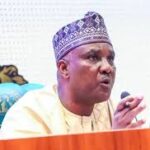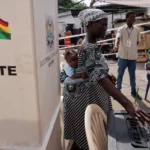With election day fast approaching and as part of preparations for the general elections, the Independent National Electoral Commission (INEC) has announced the voting procedures for the elections coming up on February 25 and March 11, 2023.
The commission disclosed this in a post on its verified Twitter account.
According to a schedule shared by the commission, there are procedures to follow on election day.
Elections are conducted periodically for different offices across the 36 states and the Federal Capital Territory.
INEC is set up by the constitution to conduct and supervise elections in the country for the offices of the president, vice president, members of the state houses of assembly, governors, their deputies, and members of the Senate and House of Representatives.
Atiku: Sixth time lucky or last rodeo?
Daily Trust Economists: Credible elections will boost confidence in economy
What are the voting procedures?
In Nigeria, elections usually take place on Saturdays, and they are carried out based on INEC guidelines.
According to the procedures for voting; voting starts at 8:30am. The polling units open from 8am for accreditation and close at 1pm. What this means is that only voters who were in line before 1pm would be accredited.
Eligible voters are expected to vote at the same polling unit they completed their voter registration at or were transferred to by the commission.
An eligible voter must be a citizen of Nigeria, 18 years and above, has registered in the constituency he/she intends to vote, and comes along with the Permanent Voter Card (PVC) on election day.
The next step is presenting the Permanent Voter Card (PVC) for accreditation using the Bimodal Voter Accreditation System (BVAS). The BVAS is an electronic device designed to read the PVC and authenticate voters on election day.
The BVAS enables voter recognition through a biometric verification mechanism, using both fingerprint and facial features.
The device can also capture images of the polling unit result sheet (Form EC8A) and upload the image of the sheet on INEC’s Election Result Viewing platform (IReV).
IReV is an online portal where results from polling units are uploaded, transmitted and published for the public.
The portal also allows members of the public to create personal accounts to gain access to polling units’ results uploaded on the platform as PDF files.
The third step is to check and be sure the voter’s name is on the register of voters in that polling unit. This step has been made easy as registered voters can easily check the status of their registration on the INEC portal, which will also reveal their polling units and all other necessary information.
Following this is getting authenticated with the BVAS through fingerprints of facial recognition.
Once accredited, the voter is issued a ballot paper by the presiding officer, who further explains the voting procedure to the voters. The Presiding Officer also invites all accredited voters to form a single queue for orderliness.
The next step is going to the cubicle where the ballot boxes are. The voter is expected to make a choice in secret, drop the thumb-printed ballot paper in the ballot box, and proceed to the Assistant Presiding Officer 2.
The Assistant Presiding Officer 2 is expected to ink the voter after they drop their ballot paper.
After voting and inking the thumb, the voter can either leave the polling area or stay 300 meters away from the voting area to witness vote sorting and counting.
The Presiding Officer is vested with the power to sort, count, and announce results for their polling unit before submitting them to the appropriate persons.
The upcoming presidential and National Assembly elections will hold on Saturday while governorship and Houses of Assembly elections will be held on Saturday, March 11, 2023.
However, the commission recently announced that voters who have been moved to new polling units would be notified through text messages.
It added that the new allocations are meant to ease polls and the voting process due to some polling units having a very large population of voters and others having fewer voters.

 Join Daily Trust WhatsApp Community For Quick Access To News and Happenings Around You.
Join Daily Trust WhatsApp Community For Quick Access To News and Happenings Around You.


